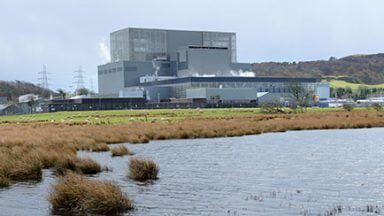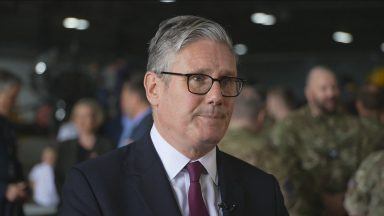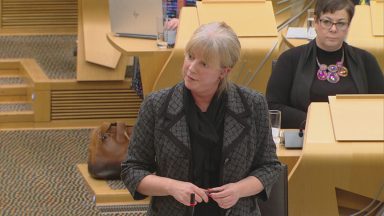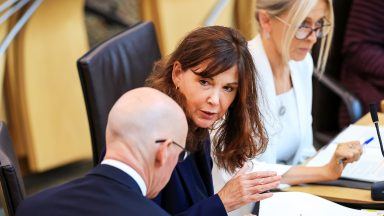The fate of the Grangemouth oil refinery needn’t have been the huge political problem for Anas Sarwar and Labour that it’s become.
But Sarwar’s claim during the general election campaign that Labour would “step in and save the jobs at the refinery” by investing “hundreds of millions of pounds” has helped turn Grangemouth into a monument to political failure and industrial decline.
Why did the Scottish Labour leader say it? Even after the election, he claimed to have assurances from the UK Government that work was underway to save the refinery.
In hindsight, it’s hard to see a chancellor like Rachel Reeves, focused on driving home the terrible economic inheritance from the Conservatives, or an energy secretary like Ed Miliband, determined to see the beginning of the end for North Sea oil and gas, ever marshalling the investment needed to rescue Grangemouth.
The local MP, Brian Leishman, understandably demands that the refinery be nationalised outright, but this was never going to fit with this government’s political narrative.
It’s hard to feel sorry for politicians when hundreds of refinery workers are getting redundancy notices, but there’s a truth to what the Scottish Labour leader (now) says: the threat to Grangemouth has been known about for years. Expecting a new UK Government to have a plan for its rescue after six months was asking for disappointment.
UK ministers say they couldn’t pledge public funds to Grangemouth without a private sector partner ready to take the money and rescue the refinery – something that was in place at the Port Talbot steelworks, which did get a bailout from Labour.
We hear a lot about the ‘just transition’, but the truth is that the technologies and jobs that are supposed to replace oil and gas just aren’t all there yet. That’s down to years, if not decades of poor industrial planning on a UK-wide scale.
The manufacture of Sustainable Aviation Fuel, or SAF, has been held up as a possible future for Grangemouth. In the past few years, the UK government has invested millions of pounds to get private companies working on producing SAF. Almost none of it is being spent in Scotland—none at all at Grangemouth and none at the scale of Grangemouth.
These are realities that Scottish Labour should have known and prepared for. Instead, Sarwar made a promise he couldn’t keep.
“All tactics, no strategy.” That’s how one Scottish Labour MP recently described Anas Sarwar’s leadership to me. It isn’t an isolated view among the 37-strong Scottish Labour group.
Again, it hardly matters when hundreds of refinery workers are losing their jobs. But with the party struggling in the polls, Grangemouth has some of his colleagues raising questions about the job the Scottish Labour leader is doing.
Follow STV News on WhatsApp
Scan the QR code on your mobile device for all the latest news from around the country


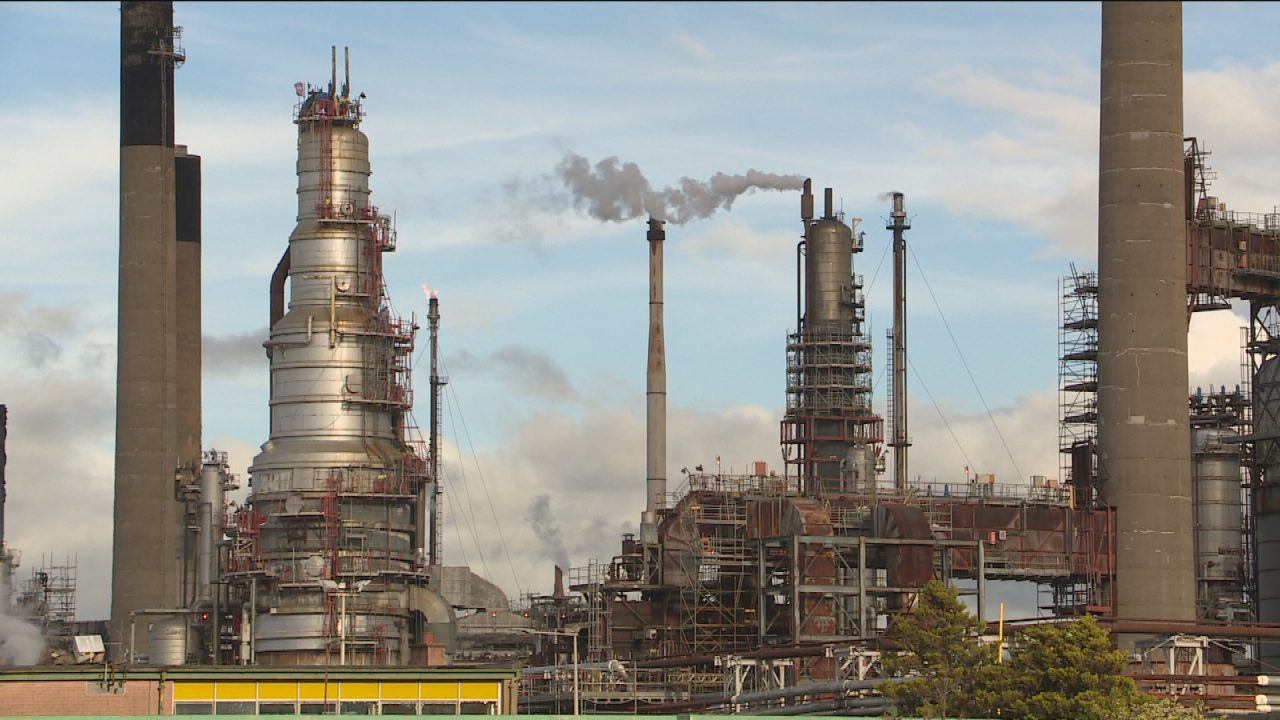 STV News
STV News




